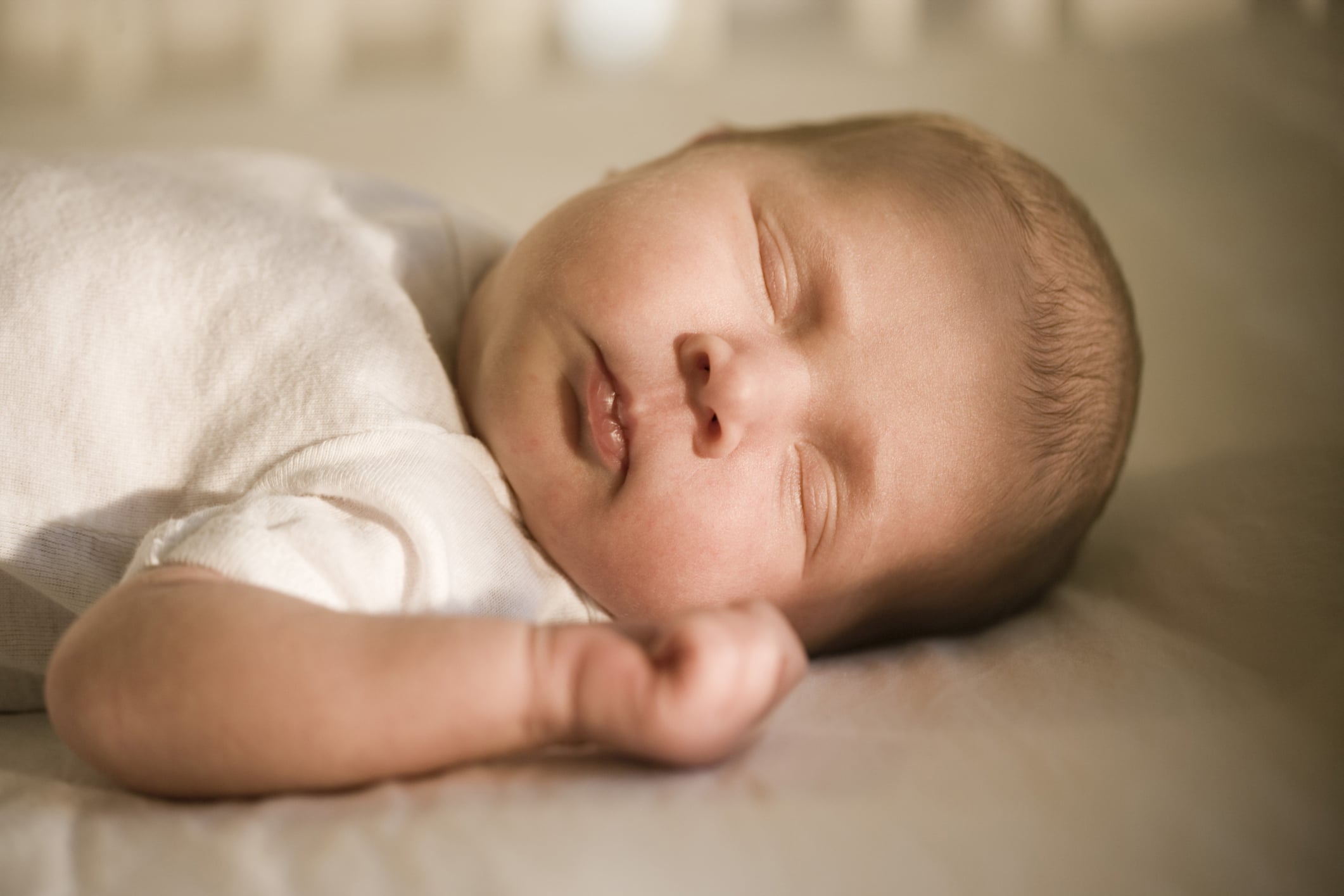Sleep is very important for a child’s growth and development. Newborns when awake are usually feeding and when done want to go back to sleep. Playtime is short at this age. For new parents it is difficult to know how often and how long a newborn should sleep. The average newborn sleeps much of the day and night but sleeps more lightly and wakes more often. On average a newborn will sleep 10-19 hours/day with sleep periods separated by 1-2 hours awake. Your newborn will sleep in short periods typically between 30 minutes to 3 hours throughout the day and night. It is common for newborns to wake several times a night to feed or more often if instructed by your health care provider.
You can help your baby sleep by recognizing signs that your baby is getting sleepy. These signs include:
- Rubbing eyes, pulling on ears or twirling their hair
- Yawning
- Looking away or zoning out
- Cranky and irritable
Learning your baby’s cues will help identify when it is time for naptime or bedtime.
For a newborn, one sleep cycle is typically 60 minutes in length. Depending on the stage of sleep, a baby may be more active or lie very still. There are two types of sleep:
- Non-REM (rapid eye movement)
- Stage 1 – drowsiness, eyes may open and close (10 minutes)
- Stage 2 – light sleep, the baby moves and may startle or jump with sound (25 minutes)
- Stage 3 & 4 – deep sleep, baby is quiet and does not move. Predominate in first half of night.
- REM
- This is light sleep when dreams occur and the eyes move rapidly back and forth. About half of a babies sleep is REM sleep. Predominates second half of sleep.
Every sleep wake cycle will vary among newborns. Hang in there! Keep in mind there is no day/night pattern in the first few weeks. During the day ensure there is lots of morning light and go on to be your usual noisy self. At night make sure the room is dim in light and keep playtime at a minimum.
For more information:
Canadian Pediatric Society
Chatham-Kent Public Health Unit 519-352-7270 ext. 2903

